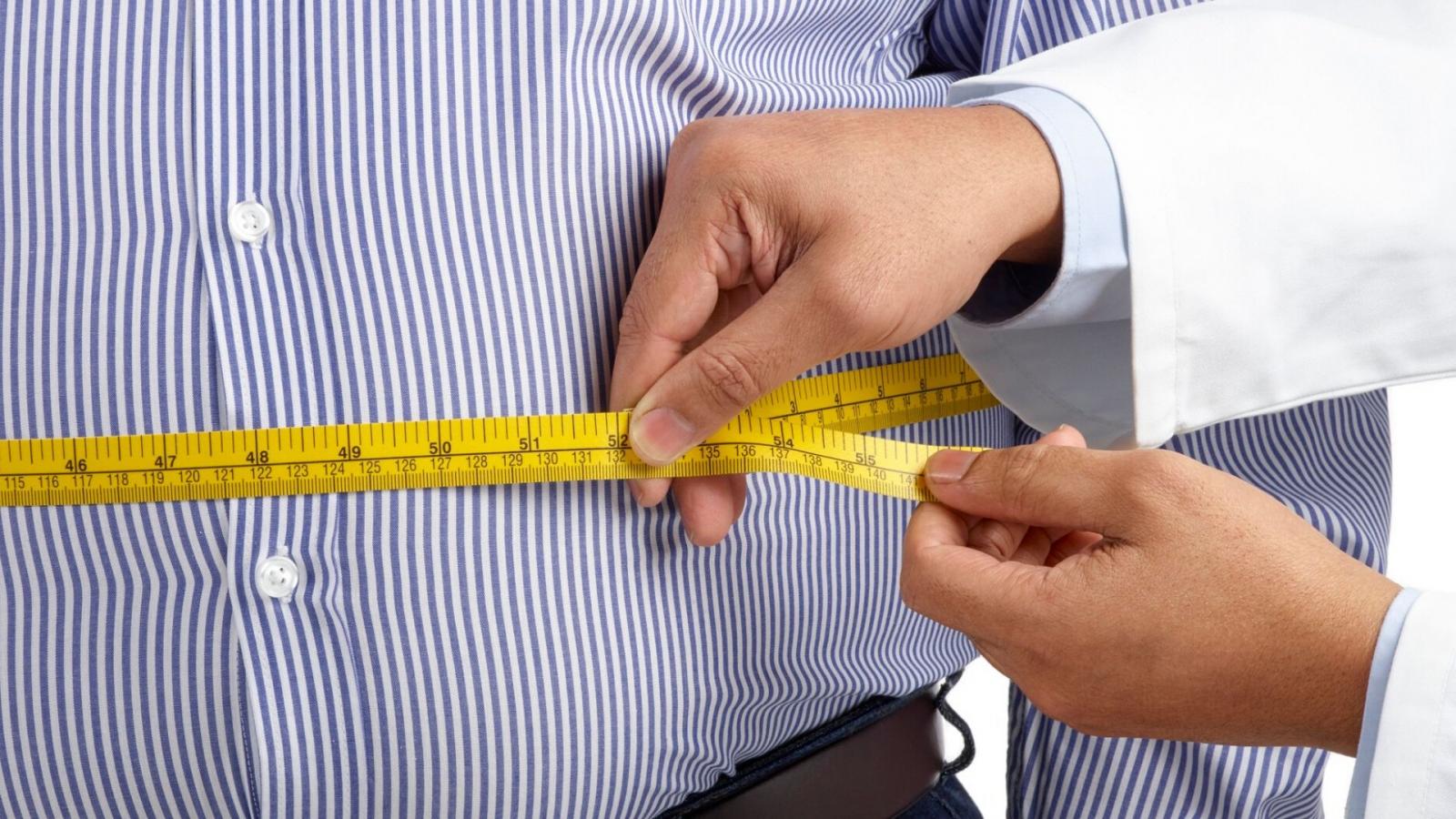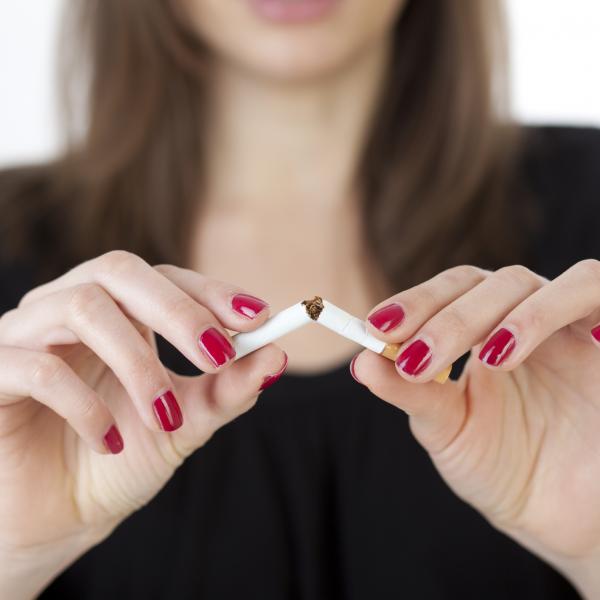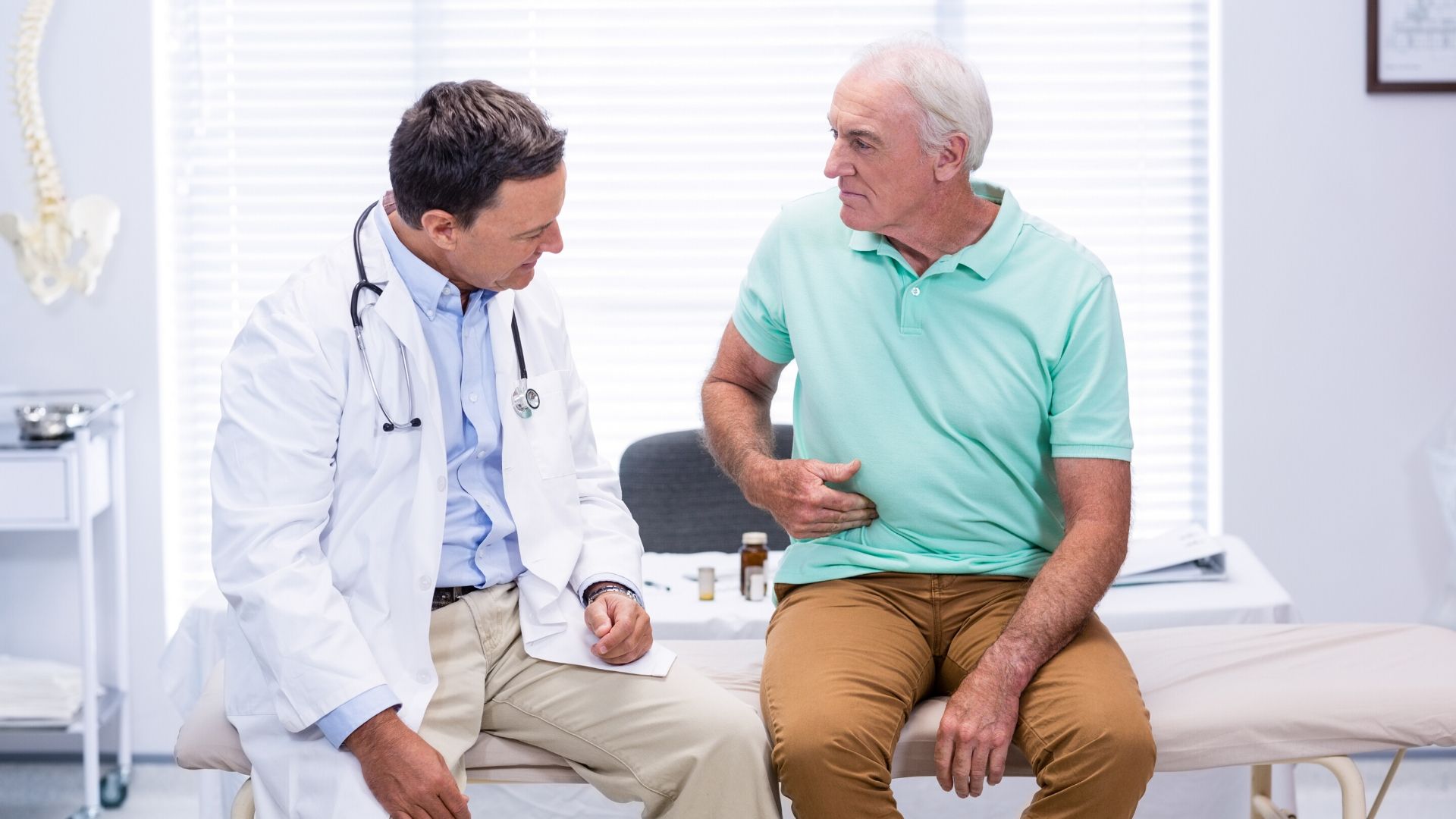What increases my risk of kidney cancer?

On this page:
Risk factors that can increase your chance of developing kidney cancer include:
- Age: It is more common in people over the age of 40.
- Gender: Kidney cancer is about twice as common in men as in women.
- Race: If you are black, you have a slightly higher risk of kidney cancer. The reasons for this are not clear.
- Obesity: Doctors believe obesity cause changes in certain hormones that can lead to kidney cancer.
- Smoking: The more you smoke, the bigger the risk. Your risk drops if you stop smoking, but it is still higher than that of a non-smoker.
- Chemicals in the workplace: Being exposed to asbestos, cadmium, some herbicides, benzene, and organic solvents like trichloroethylene increase the risk.
- Inherited genes: You may inherit from your parents a tendency to develop certain types of cancer. Some rare inherited conditions, like Von Hippel-Lindau disease, can cause kidney cancer. However, this is not common.
- Family history of kidney cancer: If you have a strong family history of kidney cancer, your chance of developing the disease is higher.
- Medical conditions: For example, high blood pressure. It is not certain if the blood pressure or the drugs to treat it or both may be the cause. If you have advanced kidney disease, especially if you need dialysis, you also have a higher risk of developing kidney cancer.
Having a risk factor doesn’t mean you will get cancer. Sometimes people with no risk factors get the disease.
If you’re worried, talk to your GP or talk to one of our cancer nurses. Call our Support Line on 1800 200 700 or visit a Daffodil Centre.

Reducing your risk of kidney cancer
The most important things you can do to reduce your risk of kidney cancer are:
- Keep a healthy weight for your height
- Stop smoking
- Let your doctor know if you have any hereditary causes of kidney cancer. Some doctors may advise you to have regular tests such as CT scans.
Read more about stopping smoking and other cancer risk-reduction tips.
For more information
Phone
1800 200 700

